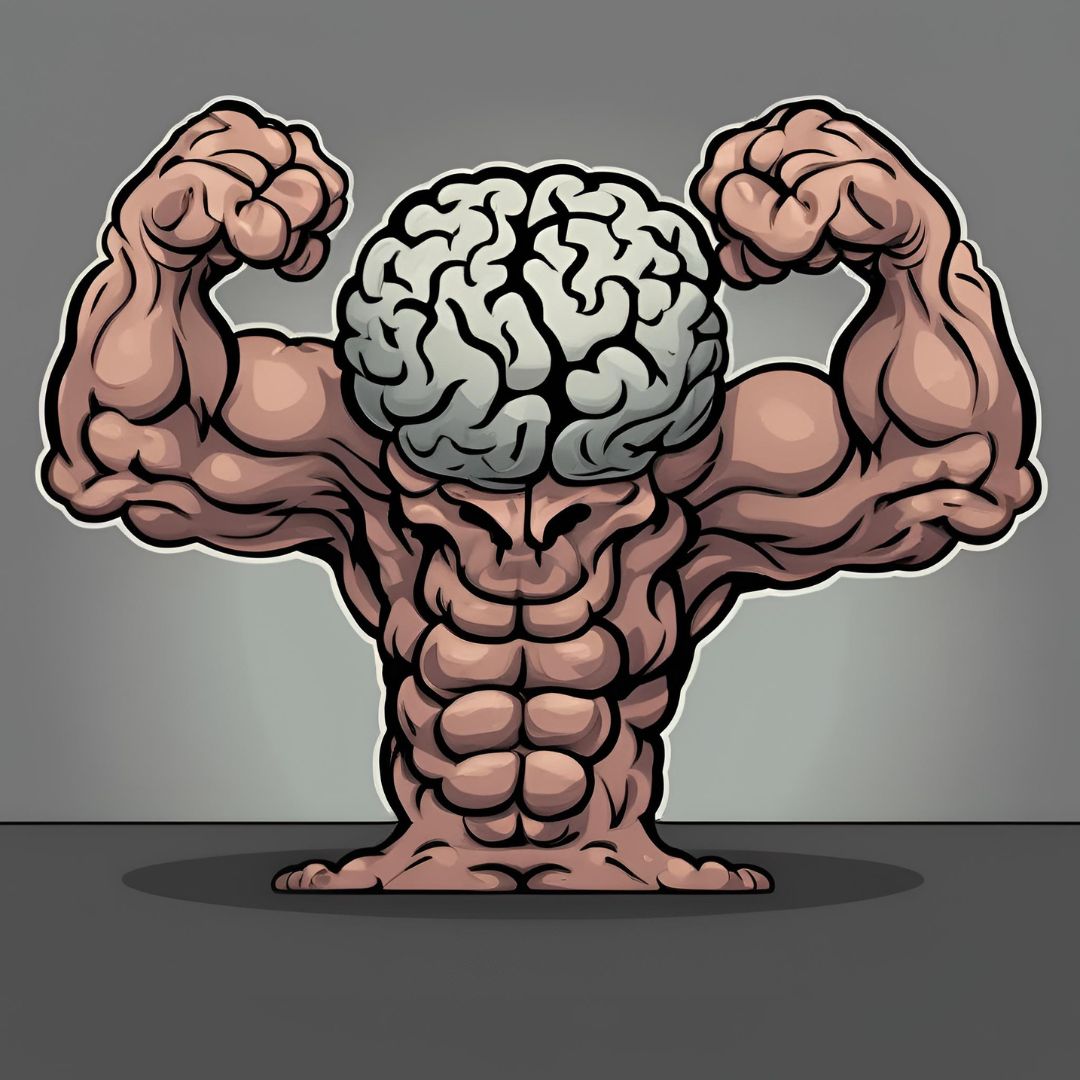Among the many qualities that life requires from you in order to prosper, mental toughness is among the most important of them. Encompassing constituent qualities such as grit, fortitude and discipline, it serves as a tool to help you cope with loss, heartbreak, temptation and other difficult everyday scenarios. Here is how to be mentally strong in life:
Accept Negative Emotions for What They Are
It is common for us to want to avoid the feelings of fear, sadness or anger simply because they are not pleasant feelings. By avoiding them, we are essentially denying that they are there, or pretending that we are above them.
Doing so is problematic because it only increases the likelihood of the emotion growing, or introducing other negative emotions to the equation. This can lead to self-identification with an emotion, which can dampen your self-esteem if taken too far.
By accepting how you feel, you are accepting reality, making it that much easier for positive changes to be made to your state. When you accept and no longer associate your identity with negative emotions, you will notice, over time, that they do not have to dictate your thoughts, actions and words. This is the first step when learning how to be mentally strong in life.
Subject Yourself to Difficulty
Difficulty is subjective as what one person finds difficult might not be so for another. Bearing in mind that there are some universally difficult activities like exercise, also consider what you personally find difficult in life. It could be socializing in large groups, for instance.
When you put yourself through such situations willingly, you might not achieve exactly what you had hoped for, but you still did something you once thought could not be done. That stimulates self-belief, which stimulates self-confidence and self-esteem. When these areas are in healthy states, the many limitations you once placed on yourself diminish.
If this is done routinely and consistently, which I recommend, you are much more willing to confront whatever life throws at you. Both trivial and serious problems can be dealt with more easily, as you have met this requirement when learning how to be mentally strong in life.
Build Discipline
It is very easy to say yes to things that give you pleasure: eating processed foods, watching Netflix all night, watching dirty videos. If this becomes habitual, you are accepting that short-term gratification matters more than long-term results with regards to mental health and physical health.
Failing to acknowledge the problems that will inevitably arise from this puts you in a weak position, mentally speaking.
Rather than going down such a path, learn to start small by saying no to a small pleasure once a day, then work your way up from there. By no means is this easy in the beginning, but discipline never is. The mental and physical payoffs will accumulate over time and you will eventually master the skill of discipline, which bleeds into other areas of life.
For more of an in-depth breakdown of mastering discipline, check out my article here.
Learn From Your Mistakes
There are no personal lessons to be learned in life without full accountability of your mistakes and a willingness to avoid them in the future. Often, if the mistake is serious enough, you will be more inclined to take note of it as the memory persists as a painful one, bringing the possibility of a repeated experience if you do not do something differently. But some mistakes are more trivial in nature, or so you believe, which allows you to brush them off more easily.
However, if you are trying to become mentally strong, all mistakes are worth learning from; especially since seemingly trivial mistakes can lead to large negative consequences if you take a careless approach. By taking an active approach, you are reducing the chances of any kind of consequence of your doing arising, allowing you to be less distracted in your day-to-day. In doing so you not only acquire more wisdom, but position yourself as someone who is better able to deal with life’s demands because unnecessary problems are not requiring your attention simultaneously.
